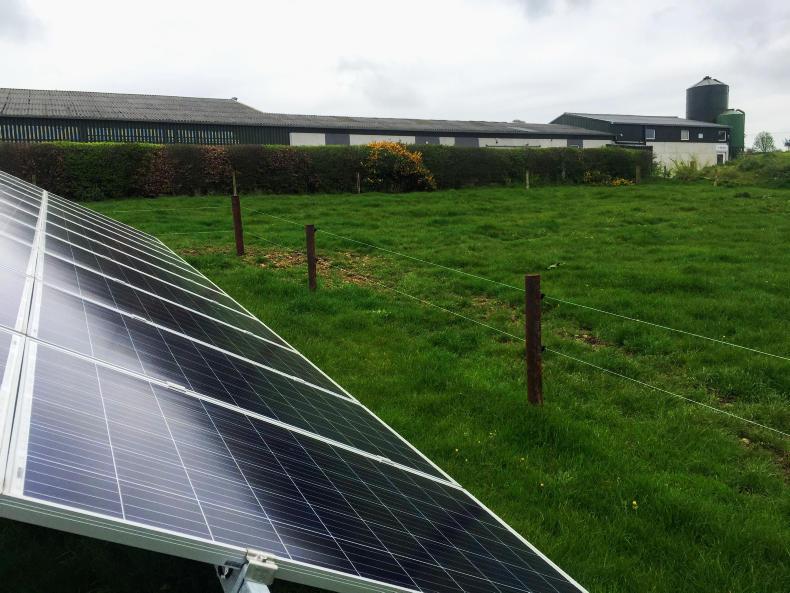Energy use on farms has decreased by 28% over the past 20 years, according to the Sustainable Energy Authority of Ireland (SEAI). Figures from the latest national energy balance show that energy use on farms has recorded a marked decrease over the past two decades.
Total energy usage decreased from 323ktoe (kilotonnes of oil equivalent) in 2001 to 232ktoe in 2021.
This represents a decrease of over 42% in CO2 emissions from farm energy over that period. Energy usage had dipped to a low of 200ktoe in 2015 but has increased again since.
Sources of energy
Speaking to the Irish Farmers Journal, the SEAI said that diesel and gas oil, as well as electricity, represent the largest fuel sources on farms, accounting for 79% and 21% in 2021 respectively.
Data shows that electricity usage on farms has remained relatively steady but that there has been a substantial decrease in diesel and gas oil usage over that period.
Energy emissions
Across all sectors, energy-related carbon emissions rose 5.4% in 2021. This is despite the Government having committed to reducing Ireland’s CO2 emissions by 4.8% per annum from 2021 to 2025.
The first year for our legally binding carbon budgets to come into effect was 2021.
Car rebound
The figures cite a rebound in car use after the lifting of COVID-19 restrictions as a significant contributor to Ireland’s increased emissions.
Commenting on the energy balance data, director of research and policy insights with SEAI Margie McCarthy said: “We have seen emissions trending in the complete opposite direction of where we need to be.
“This means that we have used up a disproportionate amount of our carbon budget in 2021, which results in future years being even more challenging.”






 This is a subscriber-only article
This is a subscriber-only article











SHARING OPTIONS: